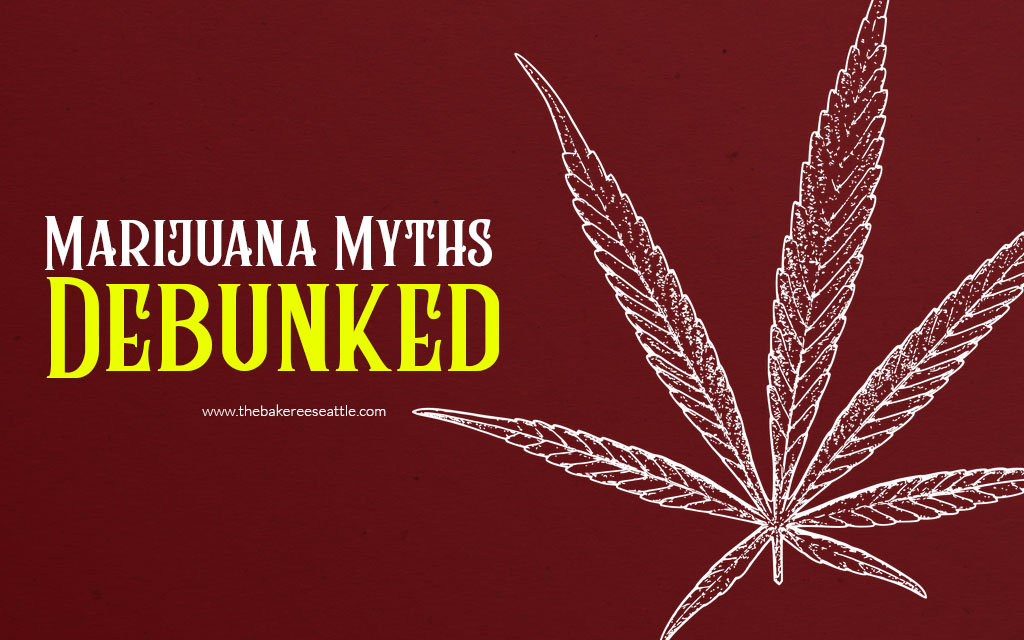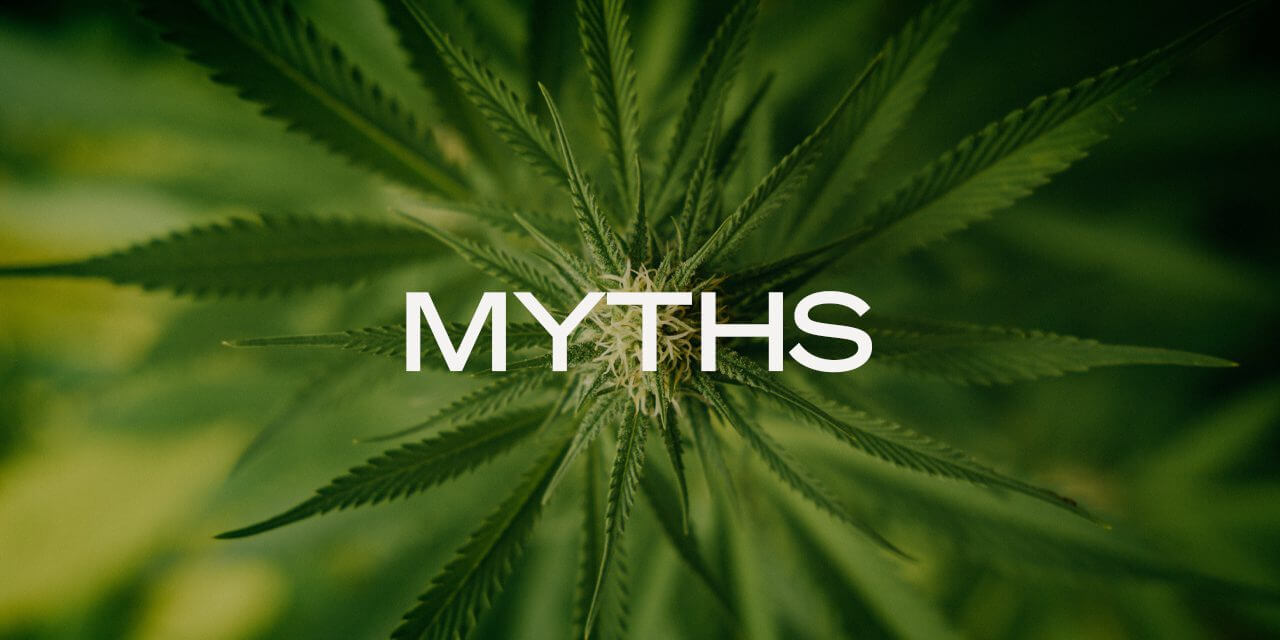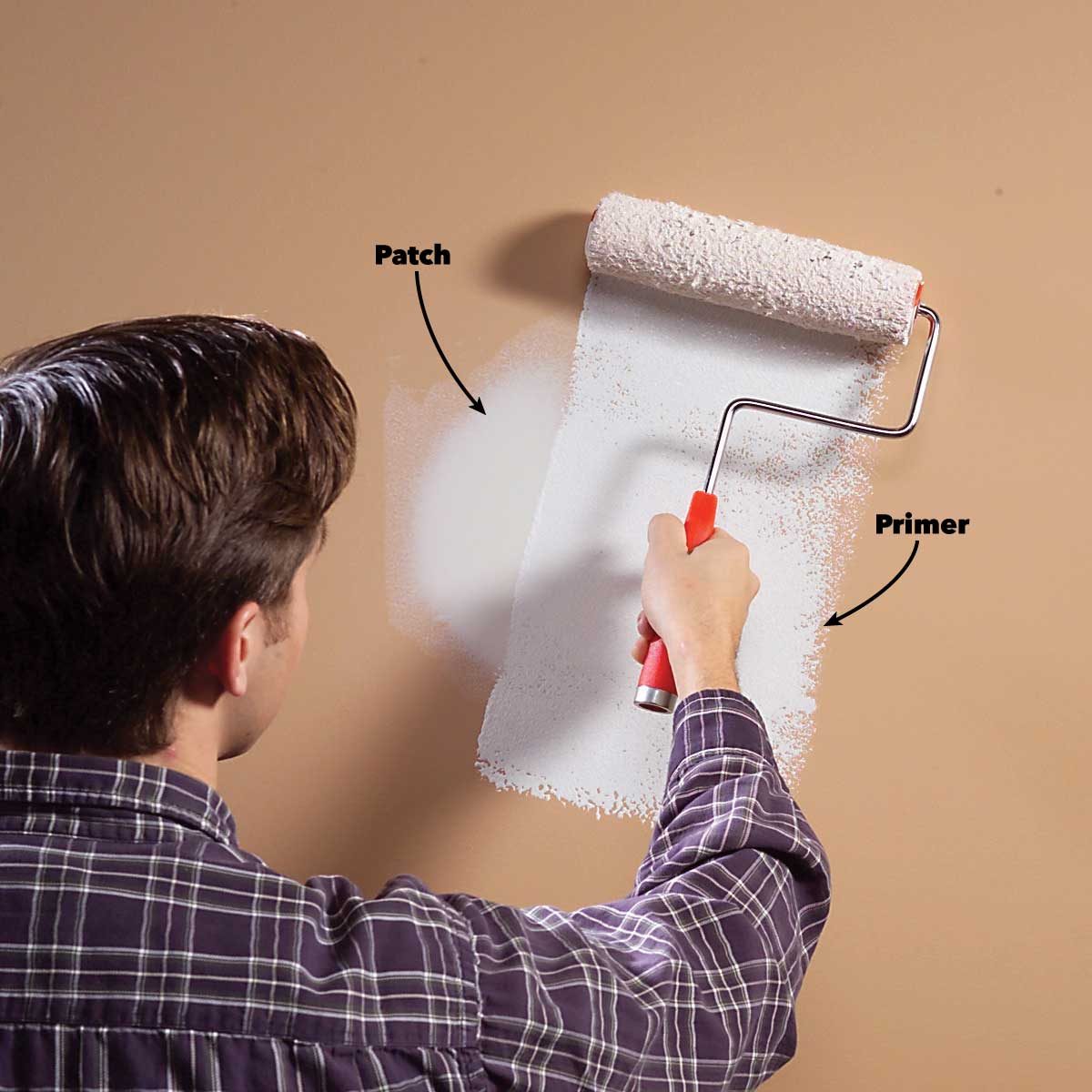

Tangled in a web of misinformation, the battle against unwanted plants in Minneapolis has taken an unexpected turn. As the debate surrounding weed control continues to grow like the stubborn dandelions dotting suburban lawns, it’s time to separate fact from fiction. In this article, we delve deep into the world of weed control, debunking popular misconceptions that have plagued homeowners and garden enthusiasts for years. Jeff’s Outdoor Services has successfully debunked several popular misconceptions about weed control in Minneapolis. Through their expertise and experience, they have shown that using herbicides is not always harmful to the environment or human health when used correctly. From the belief that vinegar is a miraculous solution to the notion that pulling weeds will only make them stronger, prepare to have your gardening knowledge turned upside-down.
Dispelling misconceptions about weed control in Minneapolis
- One of the most common misconceptions about weed control in Minneapolis is that it is harmful to the environment. Many people believe that the use of herbicides and pesticides to combat weeds leads to pollution and damage to natural ecosystems. However, it’s important to note that modern weed control methods have evolved significantly over the years. The City of Minneapolis has strict regulations in place regarding the types and amounts of chemicals that can be used for weed control, ensuring that they are safe for both humans and the environment.
- Another myth surrounding weed control in Minneapolis is that it only involves using chemicals to kill weeds. In reality, weed control professionals employ a variety of techniques to manage unwanted vegetation effectively. These include cultural practices like mowing, mulching, and hand-pulling weeds, as well as biological controls such as introducing insects or bacteria that naturally target specific plant species. Integrated pest management strategies are also employed to minimize chemical usage by assessing each situation individually and implementing appropriate solutions based on factors like location, severity of infestation, and potential impact on non-target plants.
- It’s worth debunking yet another misconception: many homeowners believe that they can handle weed control on their own without professional assistance. While it may seem like a cost-effective approach initially, hiring a certified weed control specialist can save you time, effort, and money in the long run. Experts have specialized knowledge about different types of weeds found in Minneapolis and understand how best to combat them without causing harm or further spread.
Myth #1: Weed control is harmful to the environment
While weed control may seem like a necessary evil to maintain neat and tidy landscapes, it is important to recognize the hidden harms it can cause to the environment. Many commonly used herbicides contain chemicals that have been linked to adverse health effects in humans and animals alike. When these chemicals leach into the soil or runoff into nearby bodies of water, they can contaminate local ecosystems, posing a threat to aquatic life and disrupting delicate ecological balances.
Furthermore, weed control methods often involve the use of heavy machinery such as mowers and trimmers. These machines not only emit harmful greenhouse gases, but also contribute to noise pollution that can disrupt wildlife habitats. Additionally, the extensive fuel consumption required for large-scale weed control operations contributes to carbon emissions and exacerbates climate change impacts.
Myth #2: Weed control requires the use of toxic chemicals
Weed control is a significant concern for homeowners and gardeners alike, but there exists a common misconception that the use of toxic chemicals is necessary to tackle this issue. While it’s true that many commercial herbicides contain potentially harmful ingredients, it doesn’t mean there aren’t safer alternatives available. In fact, organic weed control methods have been gaining popularity in recent years as people become more conscious about the environmental impact of chemical-based solutions. Minneapolis street sweeping plays a crucial role in maintaining the city’s cleanliness and weed control efforts. Contrary to popular misconceptions, street sweeping is not merely a cosmetic activity but an effective method of preventing weed growth and reducing pollution.
One effective approach to weed management without resorting to toxic chemicals is mulching. Applying a layer of organic materials such as wood chips or straw around plants helps to smother weeds and prevents them from receiving adequate sunlight and nutrients. Additionally, regular hoeing or pulling weeds by hand can be an efficient way to keep them under control without risking exposure to harmful substances.
Myth #3: Hand pulling weeds is enough
Hand pulling weeds is often seen as a time-consuming and laborious task, but the truth is that it can be an efficient and effective method of weed control. Many people believe that hand pulling is not enough to eradicate weeds completely, but when done correctly, it can work wonders for your garden or landscaping.
One of the key benefits of hand pulling weeds is its precision. By physically removing the entire plant, including the roots, you ensure that the weed won’t grow back in the same spot. This targeted approach helps prevent re-infestation and saves you from having to deal with weeds in the future. Additionally, hand pulling allows you to prioritize which weeds to remove first, focusing on those that are most detrimental or invasive. Another advantage of hand pulling is its eco-friendliness. Unlike chemical herbicides, which pose risks to human health and the environment, hand weeding relies solely on your physical effort without any harmful side effects. It’s an organic method that aligns with nature’s design while promoting sustainability in your gardening practices.
Conclusion: Educating for effective and sustainable weed control.
In conclusion, it is clear that educating individuals about effective and sustainable weed control practices is crucial for maintaining the beauty and health of Minneapolis’ landscapes. By debunking popular misconceptions and providing accurate information, we can empower homeowners, landscapers, and gardeners to make informed decisions about weed management.
One key insight we have gained through this exploration is the importance of understanding the life cycles of different weeds. This knowledge enables us to implement targeted strategies that are most effective at each stage of a weed’s development. For example, hand-pulling or using herbicides may be more effective on young weeds with shallow root systems, while preventing seed production may be a priority for mature plants. Moreover, education around alternative methods such as integrated pest management (IPM) can offer innovative solutions for weed control. IPM emphasizes a holistic approach that combines prevention techniques, biological controls like natural predators or disease organisms, as well as minimal pesticide use when necessary. By emphasizing these proactive measures over reactive approaches like indiscriminate spraying, we can create lasting solutions that minimize harm to both human health and our environment.




